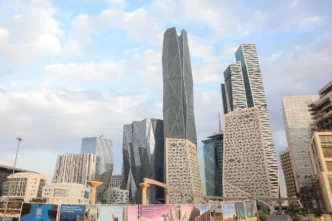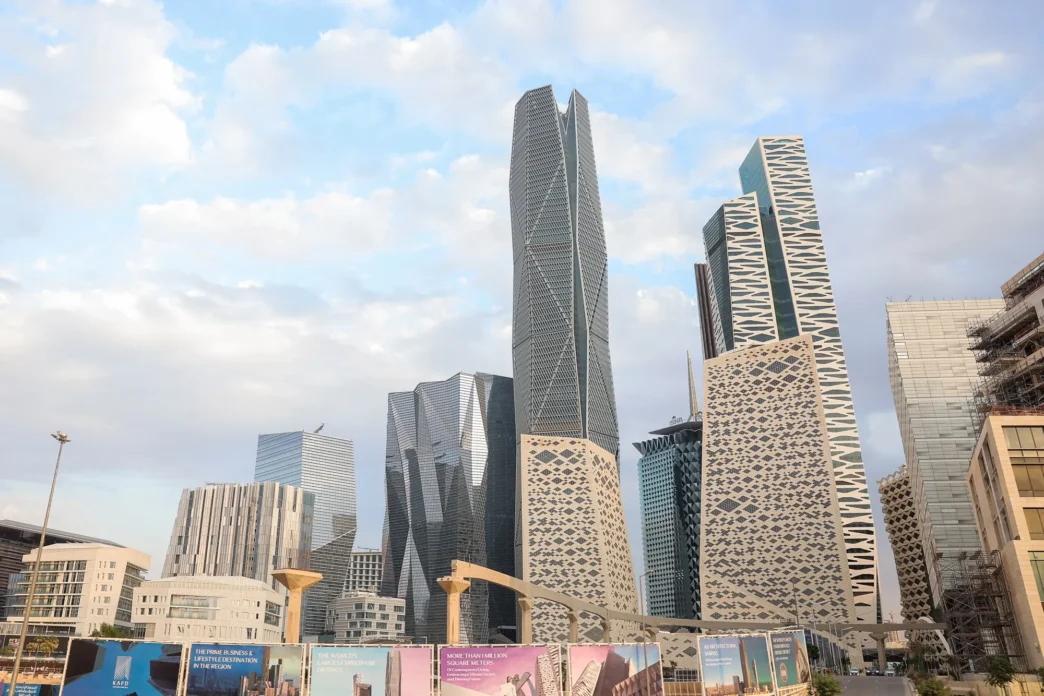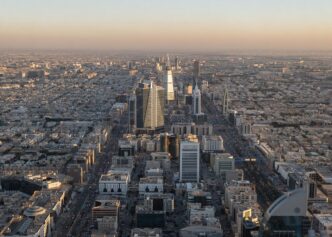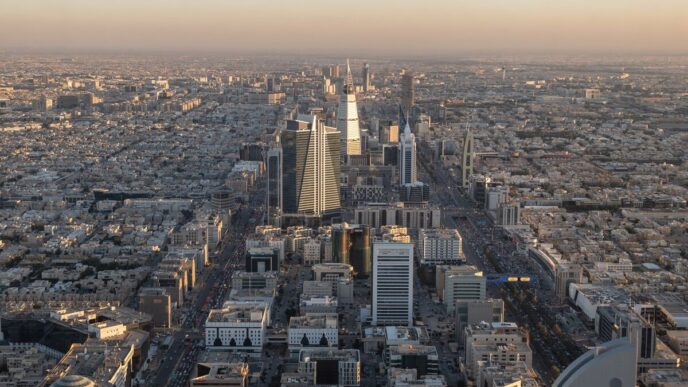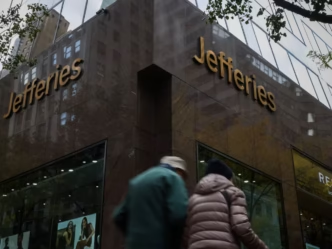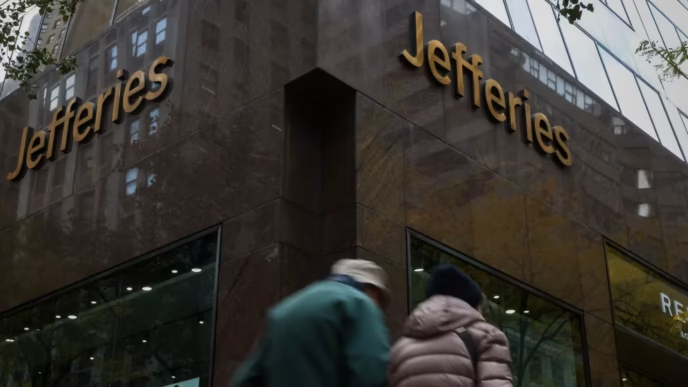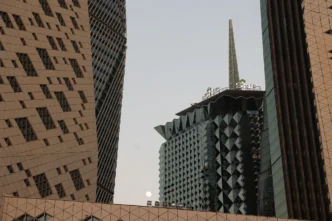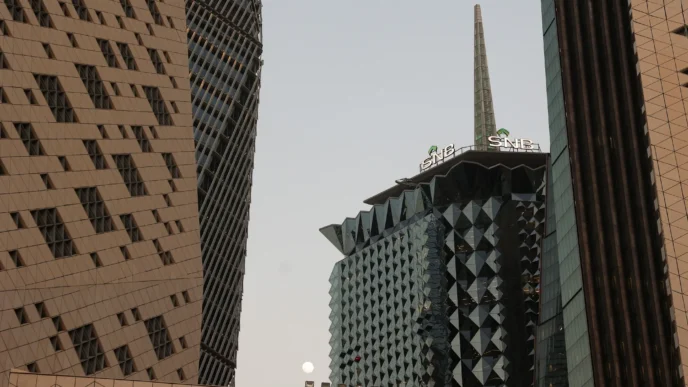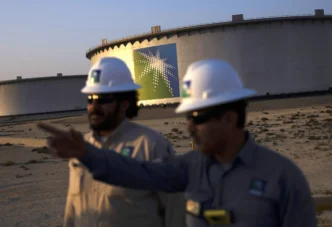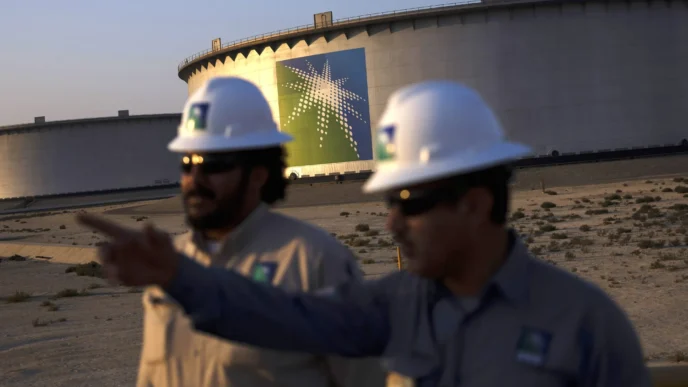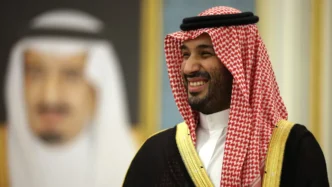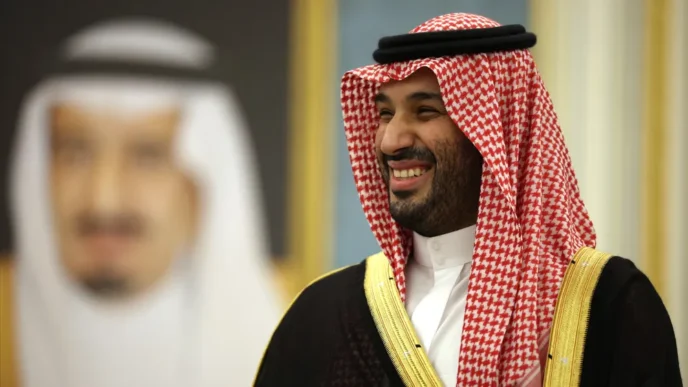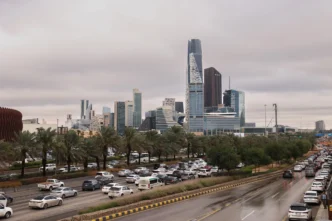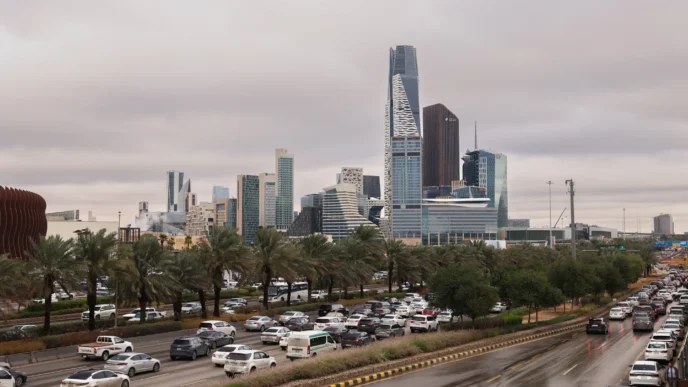Saudi Arabia is preparing to take one of its most transformative economic steps in decades: opening its real estate market to international buyers starting in January.
The long-anticipated reform — years in the making — represents a watershed moment for the Kingdom’s Vision 2030 strategy and signals Riyadh’s intent to accelerate global investment, economic diversification, and urban development on an unprecedented scale.
From the futuristic megacity NEOM to the hospitality boom in Riyadh and the cultural renaissance in AlUla, global demand to participate in Saudi Arabia’s development story has never been higher. Now, for the first time, foreign individuals, institutions, developers, and funds may gain direct access to one of the world’s most strategically positioned property markets.
This is not simply a policy shift.
It is the opening of an economic frontier.
A Historic Move in Line With Vision 2030
Saudi Arabia’s Vision 2030 initiative has reshaped nearly every sector of the Kingdom — from tourism and entertainment to energy and logistics. The opening of the real estate market is one of the most significant changes yet.
The policy aims to:
- Attract global capital
- Accelerate large-scale urban projects
- Boost tourism and residency markets
- Create job opportunities across construction, finance, and property services
- Position Saudi Arabia as a competitive global investment hub
Moreover, the policy aligns with the Kingdom’s broader objective to ease regulatory restrictions, modernize property laws, and diversify revenue sources beyond hydrocarbons.
What Opening the Market Means
The January reform is expected to introduce a clear framework that grants foreign investors access to:
- Residential property
- Commercial real estate
- Industrial projects
- Tourism and hospitality assets
- Mixed-use developments
- Special economic zone properties
- Long-term leasehold opportunities
Officials have indicated that restrictions will be carefully structured to protect national interests while ensuring international investors can benefit from a transparent and open market.
The rules are also expected to address land ownership around strategic areas, such as the holy cities of Makkah and Madinah — historically restricted but now under review.
Why Global Investors Are Watching Closely
International interest in Saudi Arabia’s emerging property market has surged in recent years, driven by massive government-backed projects and soaring domestic demand.
1. NEOM: A once-in-a-century development
NEOM — the $500 billion megaproject — is expected to become one of the most attractive destinations for foreign investment in sectors like:
- luxury residential
- robotics and high-tech infrastructure
- resorts and hotels
- modular construction
- green-energy districts
The opening of the market could create investment opportunities at early-stage valuations.
2. Riyadh Rising: A global capital in the making
Riyadh is undergoing the fastest urban expansion in the Middle East.
Open real estate access would supercharge:
- expatriate housing
- corporate headquarters
- mixed-use developments
- office towers
- high-end retail zones
The city’s bid to host Expo 2030 and the arrival of global companies under the “Regional Headquarters Program” amplify investor interest.
3. A booming tourism and hospitality sector
With visas now easier to obtain and tourism ambitions set at attracting 150 million visitors a year, demand for hotels, short-stay apartments, and leisure developments is skyrocketing.
Foreign investors entering in January will find an ecosystem hungry for capital and innovation.
Economic Impact: A New Engine of Growth
Economists expect the policy to significantly strengthen Saudi Arabia’s position as a global investment powerhouse.
Potential economic effects include:
- Increased FDI inflows
- Job creation across real estate and construction sectors
- Growth in financial and legal services
- Greater demand for infrastructure and utilities
- Improved liquidity and transparency in property markets
- Rising GDP contributions from non-oil sectors
In markets like Dubai, opening to foreign ownership triggered explosive growth; analysts suggest Saudi Arabia could experience an even larger boom due to scale, population, and government backing.
Modernizing Saudi Arabia’s Property Laws
To support the new policy, authorities are introducing reforms that bring the Kingdom’s real estate ecosystem in line with global standards.
These include:
- digital property registries
- transparent taxation and fee structures
- mortgage and financing reforms
- fast licensing and permit processes
- international-standard legal protections
- stronger anti-fraud mechanisms
These reforms ensure confidence for global investors entering a previously restricted market.
Challenges and Considerations
While enthusiasm is high, experts caution that several challenges must be managed carefully:
1. Balancing foreign ownership with local priorities
Housing affordability and national development goals must remain protected.
2. Ensuring regulatory clarity
Clear guidelines for ownership, leasing, and investment structures will be essential.
3. Infrastructure demand
Urban expansion must keep pace with rising investment.
4. Market stability
Avoiding overheating is crucial as capital floods in.
Saudi Arabia’s policymakers are aware of these risks and appear intent on gradual, well-structured implementation.
A Transformational Moment for the Kingdom
For decades, Saudi Arabia’s real estate sector was largely closed to the world — an inward-facing market supported primarily by domestic demand.
But the January opening signals the start of an entirely new chapter.
This transformation is expected to redefine:
- the Kingdom’s global investment appeal
- its ability to attract high-net-worth individuals
- the scale of foreign corporate expansion
- its standing in the global real estate landscape
Investors across Asia, Europe, and the United States are already positioning themselves for entry.
Conclusion: The World Is Coming to Saudi Arabia — and the Doors Are Finally Opening
When January arrives, Saudi Arabia will not just open a market.
It will open a gateway to a new economic future — one built on global collaboration, modern infrastructure, and ambitious development goals.
The reform stands as one of the most important milestones in Vision 2030, symbolizing the Kingdom’s transformation from a closed market economy to an accessible, globally integrated powerhouse.
The world has been watching Saudi Arabia’s rise.
Now, for the first time, it will be able to participate in it directly.


